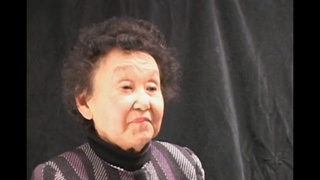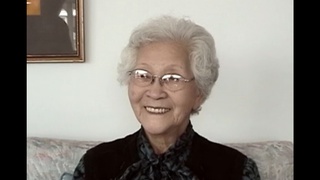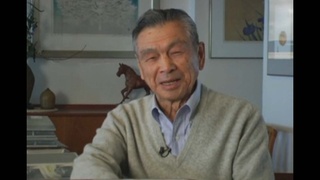Interviews
Japanese language education for children
While we were living in São Paulo, my father passed away in 1989, and my mother asked my family and my brother's family if they wanted to come and live with her, but my mother chose to come with me and started living with us. Then, my third son was born in 1990, and he was a grandma's boy, and my grandma tried hard to speak Japanese to him. Then the two older ones also spoke Japanese. My mother contributed to the children's Japanese education, but the couple always spoke Portuguese. Only my mother could speak only Japanese, so I wonder if my mother and my children, my mother and grandchildren, knew that my mother spoke Japanese.
In the winter, I was invited to Tokyo University. That wasn't a bad thing in itself, because I was given lodgings, so I took my young children to Japan and took my mother with me. So, I didn't have a clear educational policy of directly teaching my children Japanese and a certain level of morality, but I did indirectly take them to Japan and expose them to Japanese culture.
Date: September 19, 2019
Location: California, US
Interviewer: Yoko Nishimura
Contributed by: Watase Media Arts Center, Japanese American National Museum










